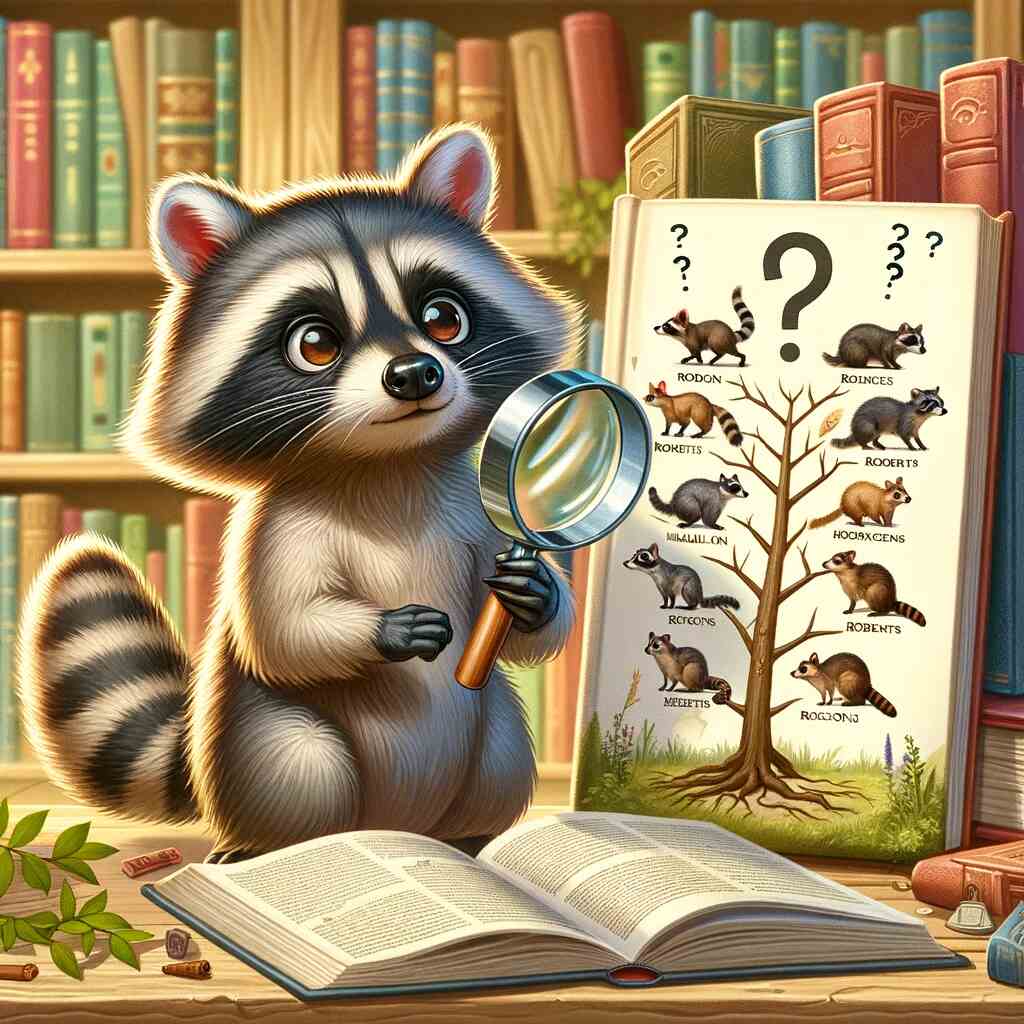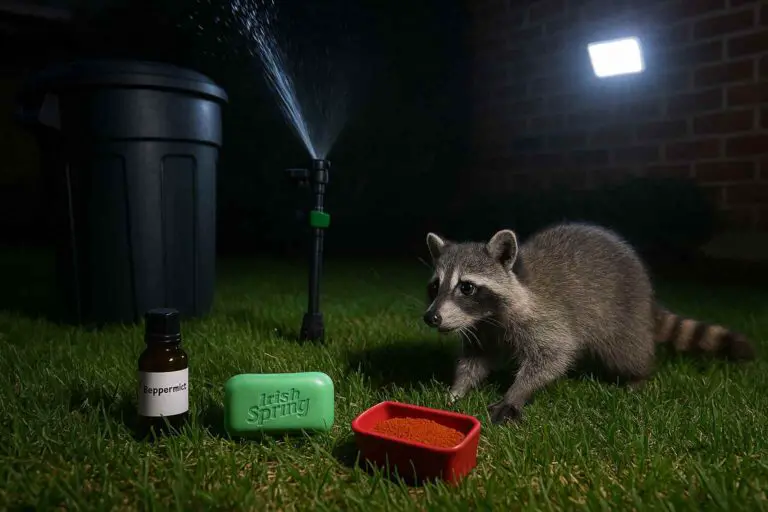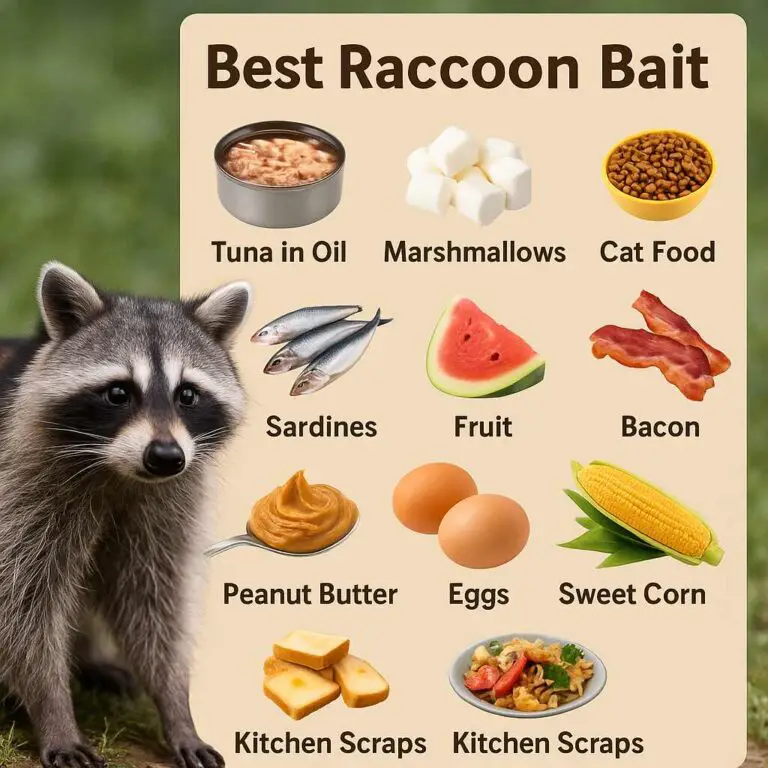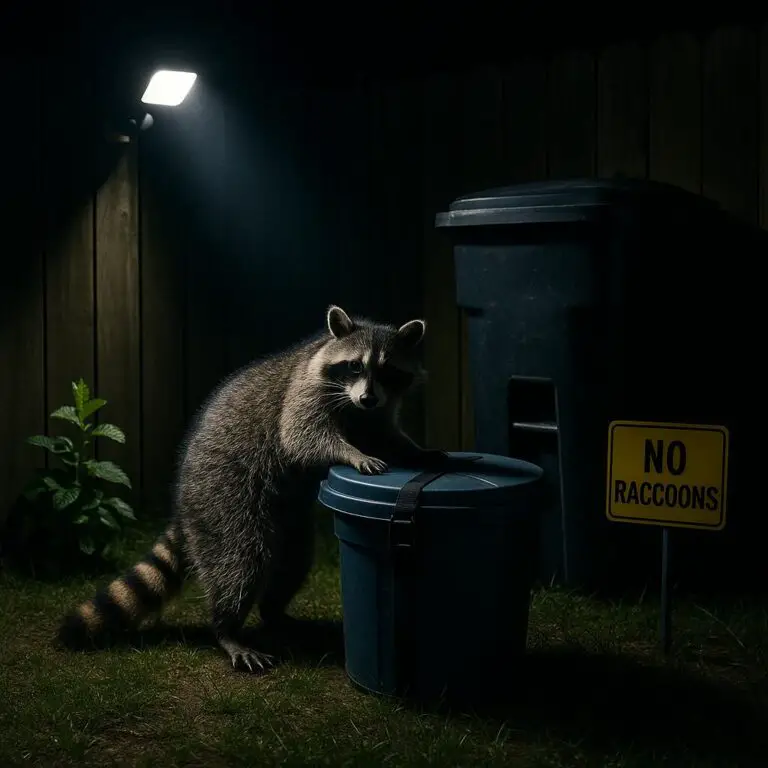Raccoons, with their iconic black masks and ringed tails, are a familiar sight in various regions, sparking curiosity about their place in the animal kingdom. This comprehensive exploration seeks to clarify their classification, debunking the common misconception that raccoons are rodents.
Taxonomic Journey: Raccoons in the Animal Hierarchy
To determine if raccoons are rodents, it’s crucial to understand taxonomy, the scientific system for classifying organisms. Raccoons fall under the Eukarya domain, characterized by complex multicellular structures. As part of Kingdom Animalia, they are heterotrophic beings without a cell wall. Belonging to the phylum Chordata, raccoons have a notochord, evolving into a spine. As mammals (class Mammalia), they’re warm-blooded with mammary glands, and as members of the order Carnivora, they’re distinguished by their diet and sharp teeth, separating them from rodents.
Decoding Carnivora: Raccoon Traits and Diets
Carnivores, including raccoons, exhibit diverse traits and diets. While some strictly consume meat, raccoons are omnivores, eating both plants and animals. Their sharp, specialized teeth and dexterous limbs set them apart from rodents, known for their ever-growing incisors and burrowing habits. Raccoons’ varied behaviors, like hunting and foraging, further differentiate them from the primarily herbivorous rodents.
Raccoons vs. Rodents: Clarifying Differences
- Dental Structures: One of the primary distinctions between raccoons and rodents lies in their dental structures. Raccoons have a mix of teeth, including sharp incisors, canines, and molars, adapted for omnivorous eating habits. In contrast, rodents are known for their ever-growing incisors, which require constant gnawing to prevent overgrowth.
- Limb Development: Raccoons have dexterous, human-like forelimbs with five fingers, allowing them to manipulate objects and catch prey. This contrasts with rodents, which typically have shorter limbs and less dexterity.
- Behaviors: Raccoons exhibit complex behaviors such as hunting, foraging, and problem-solving. They are known for their intelligence and adaptability in various environments. Rodents, on the other hand, are primarily herbivorous, and their behaviors often revolve around foraging for plant material and building burrows.
- Reproductive Strategies: Raccoons typically have a solitary lifestyle, with minimal social interactions outside of the breeding season. In contrast, rodents, like mice and rats, are highly social animals, often living in colonies with intricate social hierarchies.
- Size and Ecology: Raccoons are generally larger animals compared to rodents. Their size varies, but they are typically several times larger than common rodents like mice or rats. Raccoons also occupy a broader range of ecological niches, adapting to both urban and wilderness environments. Rodents, while diverse in species, are generally smaller and more specialized in their habitats.
Dispelling Confusion: Why the Mix-Up?
Despite the clear differences mentioned above, raccoons are often mistaken for rodents due to a few key reasons:
- Superficial Resemblance: At a glance, raccoons and certain rodents, like squirrels, may share some superficial resemblances due to their fur and general body shape.
- Omnivorous Diet: Raccoons’ omnivorous diet allows them to coexist with rodents like rats and mice, which are often found in similar urban environments. This cohabitation can lead to misperceptions.
- Urban Presence: Raccoons are highly adaptable and have successfully colonized urban areas, where they may be encountered alongside rodents, contributing to the confusion.
- Lack of Taxonomic Knowledge: Not everyone is familiar with the finer points of taxonomy and animal classification, which can lead to misconceptions.
Raccoons: Adaptable Survivors in Diverse Habitats
Raccoons are remarkable creatures known for their adaptability and survival skills. Let’s explore some of the aspects that make them fascinating subjects of study and important components of various ecosystems:
- Dietary Adaptations: Raccoons’ ability to consume a wide range of foods, from insects, small mammals, and birds to fruits, nuts, and vegetation, makes them highly adaptable to different environments. This dietary flexibility allows them to thrive in urban, suburban, and wild settings.
- Intelligence: Raccoons are renowned for their problem-solving abilities and intelligence. They can manipulate objects, open containers, and even unlock doors and latches. Their cleverness has earned them a reputation as crafty scavengers.
- Nocturnal Lifestyle: Raccoons are primarily nocturnal, which means they are most active during the night. This lifestyle helps them avoid some daytime predators and take advantage of food sources that are more accessible under the cover of darkness.
- Social Interactions: While raccoons are generally solitary animals, they do have social interactions, especially during the breeding season. Mating pairs may form temporary bonds, and mothers care for their young, teaching them essential survival skills.
- Ecological Roles: Raccoons play crucial roles in their ecosystems. They help control insect populations by preying on insects and their larvae. Additionally, raccoons are effective seed dispersers, as they often consume fruits and then spread seeds throughout their range.
- Urban Adaptation: Raccoons have demonstrated remarkable adaptability to urban environments. They are known to forage in trash cans, explore human-made structures, and even thrive in city parks. This adaptability highlights their ability to coexist with human populations.
Coexisting with Raccoons: Challenges and Strategies
While raccoons adapt well to urban settings and contribute to ecosystem health, they can sometimes be seen as pests or pose certain challenges. Here are some considerations for coexisting with raccoons:
- Disease Concerns: Raccoons can carry diseases, including rabies. This underscores the importance of vaccinating pets and avoiding direct contact with wild raccoons. If you suspect a raccoon is acting unusually or appears sick, it’s essential to contact local wildlife authorities.
- Responsible Trash Management: To discourage raccoons from rummaging through trash, it’s crucial to secure trash cans with lids that raccoons cannot easily open. Avoid leaving food scraps or pet food outside, as these can attract raccoons and other wildlife.
- Wildlife Conservation Efforts: Raccoons are a vital part of the ecosystem, and their conservation is essential. Support and engage in local wildlife conservation efforts, and report any instances of injured or orphaned raccoons to wildlife rehabilitation centers.
- Habitat Preservation: Protecting natural habitats is crucial for raccoons and other wildlife species. Habitat loss due to urbanization is a significant threat to raccoon populations. Encourage land conservation and responsible development practices.
- Educational Initiatives: Promote awareness and education about raccoons and their ecological roles. Encourage responsible wildlife viewing and discourage feeding raccoons or other wild animals, as this can lead to habituation and potential conflicts.
- Responsible Wildlife Management: In cases where raccoons pose a genuine threat to human safety or property, it may be necessary to seek guidance from local wildlife authorities for safe and humane removal or relocation.
In Summary: Raccoons, Not Rodents but Resilient Carnivorans
In conclusion, while raccoons may share some superficial similarities with rodents, they are distinct creatures with their own place in the animal kingdom. Their classification as members of the order Carnivora, their omnivorous diet, complex behaviors, and adaptability set them apart from rodents. Recognizing these differences is essential for appreciating the diversity of life on our planet and for fostering harmonious coexistence with these adaptable and intelligent creatures.








